The release of John Carpenter’s Halloween in 1978 ushered in a new decade of horror, which would forever change the artistic landscape and commercial profitability of the genre. An era that would become as synonymous for its masked serial killers and final girls as the 1930s were for the Universal Classic Monsters and the 1950s were for Hammer Horror. A time celebrated like Christmas or any other festive holiday, as countless franchises came along and annually released a new instalment in the series for our viewing pleasure. The 1980s became a turning point for pop culture that has as many fans as it does its critics, and the debate concerning the decade’s pros and cons will continue well past my time on this earth. Personally, I’ll forever be envious that I never got to see this period of slasher film history in the flesh, but there’s no point in complaining when I can literally walk over to one of my shelves, pick up Sleepaway Camp, and watch it on a whim. You couldn’t do that in the ’80s, could you?
But surprisingly, even though at first glance you’d think otherwise, Rob Zombie has no time for the 1980s. For Zombie, the ’70s is his decade of choice, as he explains to Mick Garris, “Yeah, the ’70s would be my favourite time for probably everything. Music, movies, fashion…” His thoughts on the ’80s are a little less enthusiastic, as he tells Chris Jericho, “I hated the ’80s. I hated everything about the ’80s. Everything. I hate the horror movies, I hate the fashion, I hate the music, I hate the hair. The ’80s should’ve never happened for me.” The 1980s and the slasher fever that consumed the decade may not have impacted Rob Zombie in the same way one might imagine, but even he couldn’t turn down the chance to reimagine the crown jewel in the slasher pantheon and make Michael Myers scary again. By the time Rob Zombie’s Halloween debuted in 2007, the trend of remaking classic horror films was already in full flow, kicked off by the success of 2003’s box office smash The Texas Chainsaw Massacre.
The horror films released in the 2000s really began the revival that is still making headlines today, as studio-backed horror took a sharp upturn after the disappointment that was the ’90s. The 1980s will forever be remembered for the slasher film, and the 1990s will always be remembered—lesser so, but still—for the postmodern teen horror cycle, but it’s really hard to pinpoint one exact wave of 2000s horror for which the decade will be solely remembered. In the ’00s, horror began to reach audiences across the globe, the likes of which had never been seen before. Not only was the remake/reboot craze sweeping the U.S. with the likes of Dawn of the Dead, The Amityville Horror and Friday the 13th turning big profits, but overseas saw the emergence of the New French Extremity and similar country-specific waves of horror, and the term “torture porn” was coined to collectively label such films as America’s Hostel, Australia’s Wolf Creek, and the Netherlands’ The Human Centipede (First Sequence).
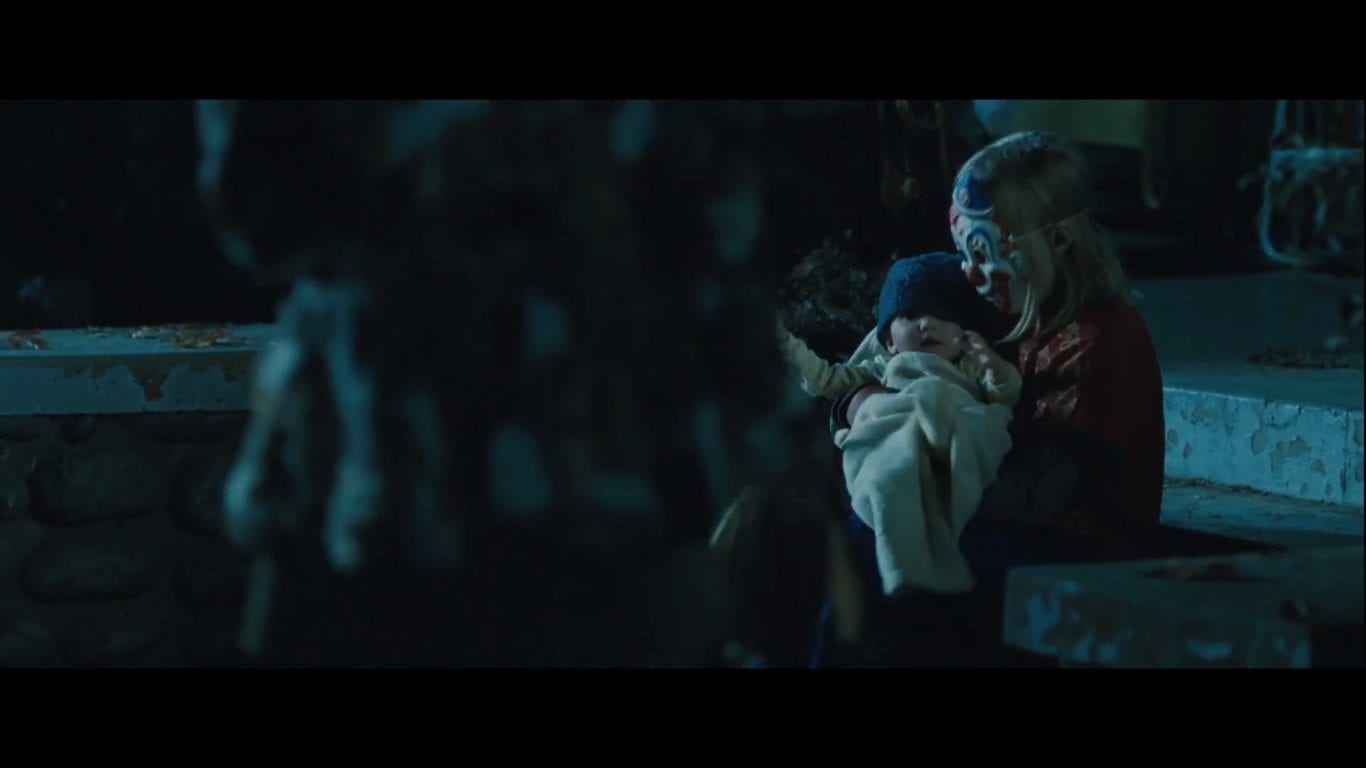
Like I said in the first part of this series, Zombie is a man whose cinematic output wouldn’t have existed without the films he loved as a kid, and his two Halloween films certainly stand apart from the rest of remakes/reboots thanks to his uncompromised, unrestrained, stomach-churning style and vision. In fact, despite both being savaged at their respective times of release—in 2007 and 2009—by critics and the majority of Halloween fans alike, Zombie’s entries into the Halloween mythos might one day prove to be the definitive reference point for what ’00s horror came to be. Zombie’s Halloween and Halloween II are, in essence, all of the above: they’re both remakes and were both profitable during their theatrical runs, extreme (though not French) in every way imaginable, and sadomasochistic in their depiction of a young Michael who revels in the torture of others. 2007’s Halloween is a remake, yes, but it’s so much more than an updated 21st-century copy and paste job designed for mass appeal.
Which brings me onto the main angle of this article on Halloween and Halloween II. In case you’ve been sleeping under a rock for a while, 2018 has been quite a big year for the Halloween franchise. We here at 25YL produced a number of Halloween articles ourselves in anticipation of the new movie, and so did many film website—not just horror-related—across the internet. I’ve read a lot of articles re-evaluating the older entries in the series (particularly the instalments featuring Jamie Lee Curtis), which often focused on comparing the Laurie Strode of old to how the character is portrayed in David Gordon Green’s movie. But Zombie’s Laurie is obviously a very different character. Now, my original plan for this article was to focus solely on Michael Myers, and how Zombie effectively killed the mythology of The Shape in favour of a more grounded Michael Myers, whose distressing childhood brings into question the nature vs. nurture aspects of the psychology and creation of a serial killer.
But then I saw the new Halloween, and I was disappointed by its victorious but ultimately unsatisfying ending. I walked out of the screening disappointed because there is no real resolution for Laurie and her family if Michael Myers lives to kill again. I was disappointed because, over the course of 40 years and five movies, Jamie Lee Curtis’ Laurie Strode has failed to do what Rob Zombie and Scout Taylor-Compton’s Laurie Strode managed to do in two years and two movies: actually kill Michael Myers. Like, really kill the boogeyman…for good. One particular article I enjoyed over the dozens of newly written pieces relating to this year’s Halloween can be found on Collider and is called “Trauma, Family and The Final Girl: The Shared Blood in Halloween and Halloween H20.” As you can imagine from the title alone, it’s a comparison piece detailing the differences and similarities we see between the Laurie Strode/Keri Tate of Halloween H20, and Jamie Lee Curtis’ latest turn in Halloween (2018).
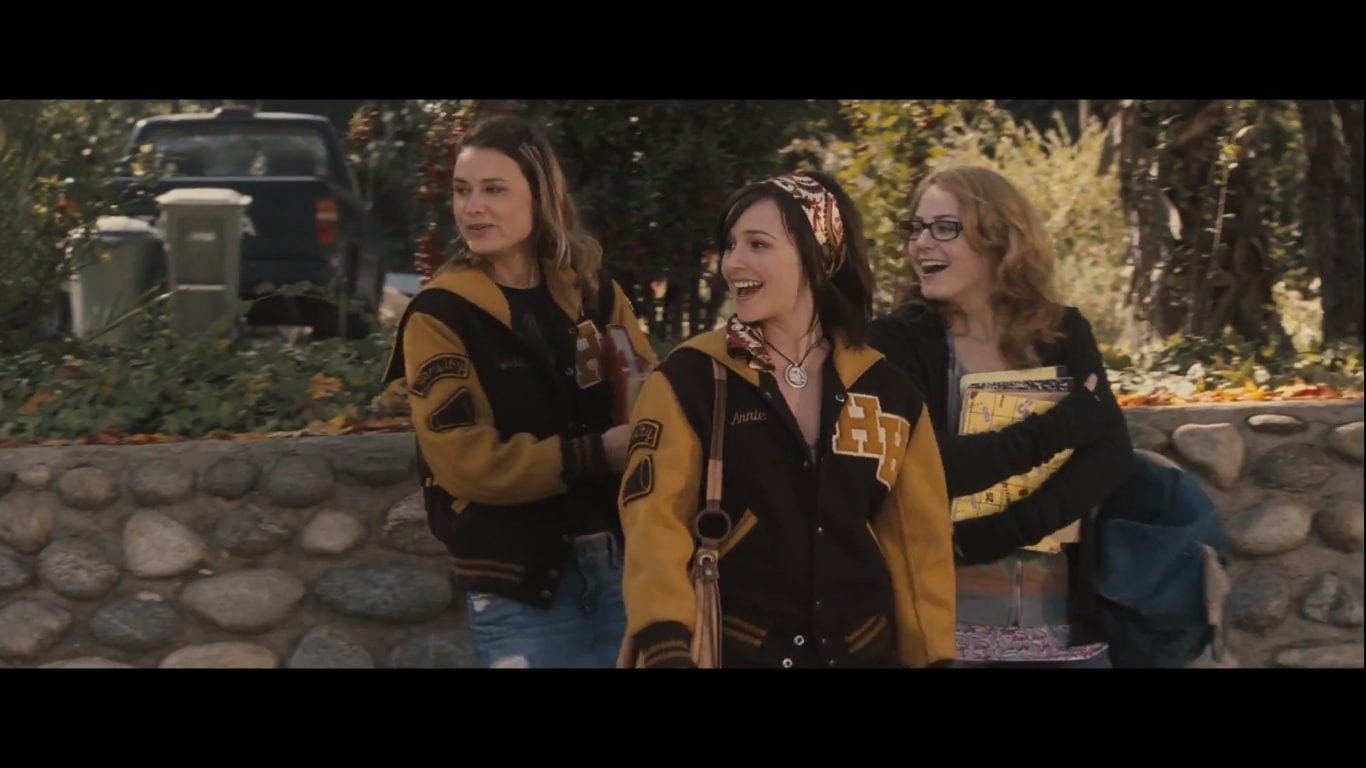
It’s a solid piece of work, which ends on a strong note and got me thinking about the Laurie Strode we see in Zombie’s two films, “Halloween 2018 and H20 are wildly different movies—in plot, in setting, in timeline, in quality. But they are kin. Both films address the unaddressed trauma, the hurt we carry that will circle back again and again like some invincible boogeyman—unless we learn to process that hurt properly. Having a slasher deal with both inherited trauma and a Final Girl whose processing of that trauma is a major part of her arc is a relevant topic in our current socio-political landscape, and there’s no better genre than horror to distill that into something digestible and impactful for the masses.” Likewise, Zombie’s Laurie is a damaged soul—specifically in Halloween II—but her victory in killing Michael also led to her death at the end of the director’s cut of Halloween II (the theatrical cut ends with her alive in a psychiatric ward, which is repositioned as a dream sequence in Zombie’s cut).
Throughout the duration of Zombie’s first Halloween, his Laurie Strode (Scout Taylor-Compton) is not too dissimilar to the original (Jamie Lee Curtis) as written by John Carpenter and Debra Hill, but for one major fact: Laurie is not the lead of the movie or, more specifically, not the lead of the movie’s first half. Sure, we see Angel Myers (her birth name) as a baby, but our final girl will not be introduced until the film’s second hour. By the time we’re introduced to a teenage Laurie, we’ve already spent nearly a full hour with a prepubescent Michael and watched him grow from a child with psychopathic tendencies into a fully-fledged serial killer locked away in Smith’s Grove Sanitarium. Prequels are nothing new when it comes to film, but Zombie’s revisionist take on Halloween is why I respect it more than any other remake from the 2000s. 2007’s Halloween is unmistakably a Rob Zombie movie first and foremost, but it takes serious balls to flip the script so dramatically in the ways he chose to do.
I mean, the Alien franchise will always be my favourite cinematic series and I love the work Ridley Scott has done with both Prometheus and Alien: Covenant, but there’s a huge portion of fans who don’t want to see how it all started. Their biggest complaint is that you’re destroying the mythos of a film/franchise by going back instead of forward, and they don’t need or want the explanations of when and what and where and how came to be. That’s fine, but what would you have done with Halloween? Seriously, Zombie’s Halloween has more imagination in its prequel section than the entirety of the 2018 version, which is why the critical reactions to the two films really make no sense to me. I get why people love the new film, I really do, but it was so safe and predictable (two things Zombie’s Halloween will never be accused of being). Rob Zombie took more risks in both Halloween and II than most slasher film franchises do in their entire history, and for good or bad, Zombie made Halloween his own.
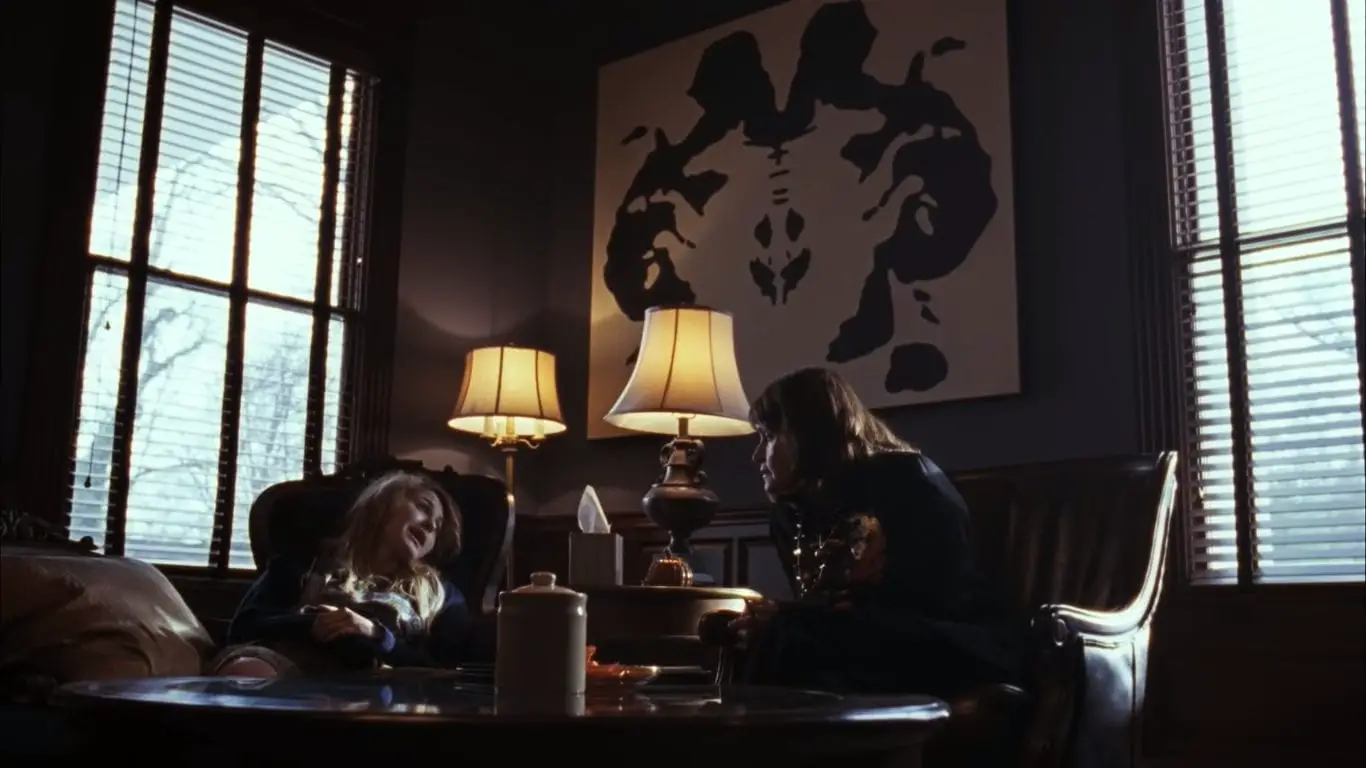
Rob Zombie had always envisioned making two Halloween movies (he wanted to film them back-to-back like Harry Potter), but his original take would’ve seen his 2007 remake split into two separate films: the first acting as a prequel focussing on Michael as a kid up until his escape from Smith’s Grove as an adult, and the second being more akin to a straight remake focussing on the night he came home to find his baby sister. Obviously, those two films were condensed into one and Zombie’s sequel became something wholly new, but these are still his movies and he’s proud of them. “To be honest, I would rather be doing my own thing…But I am still proud of both Halloween movies. I prefer the second one, which might surprise people…I was excited to do a sequel, though…mainly because if the first film was about Michael and how he became this famous murderer, the second one could be about Laurie and how this event had really messed her up,” said Zombie in a recently conducted interview with SFX.
In the same interview he reveals, “I think Laurie Strode from my Halloween was a bit boring. I mean, she is supposed to be the all-American nice girl and, to me, that is just dull. That is why when we did the sequel I made her this really damaged person.” It’s Zombie’s depiction of Laurie Strode in his Halloween II that really stands out to me as something unique within the genre. We must remember, by the time H20 and Halloween (2018) came out, Jamie Lee Curtis’ Laurie was already 37 and 57 years old, respectively. We never saw her trauma through the years, but Scout Taylor-Compton’s Laurie is just a kid throughout both movies. A young woman who has suffered unimaginable trauma and loss and Zombie doesn’t shy away from those demons by creating a final girl unlike most. This version of Laurie would’ve never worked in an ’80s slasher movie because she’s a total wreck, lost in a darkness that is slowly corroding her psyche through manifestations of real-life and hallucinatory nightmares.
Just imagine being in her shoes, if you can. Imagine having lived through not only your friends and adoptive parents being murdered, but also discovering that your birth mother committed suicide, and your brother is a deranged madman who killed your biological sister before sparing you when you were just a baby. How can anyone live a normal life in the aftermath of these events? I know this is a fantasy world and not a documentary, but Zombie’s approach to trauma feels horrifically realistic. We think of the classic final girl as being jovial and innocent, virginal and closeted from the evils of the world. Rarely do we get to see a character as three-dimensional as Zombie’s Laurie Strode, whose death and vision of a white horse at the end of Halloween II (linked to instinct, purity and the drive of the physical body to release powerful and emotional forces, like rage with ensuing chaos and destruction) connects her to her biological family and the insanity of Michael further than ever before.
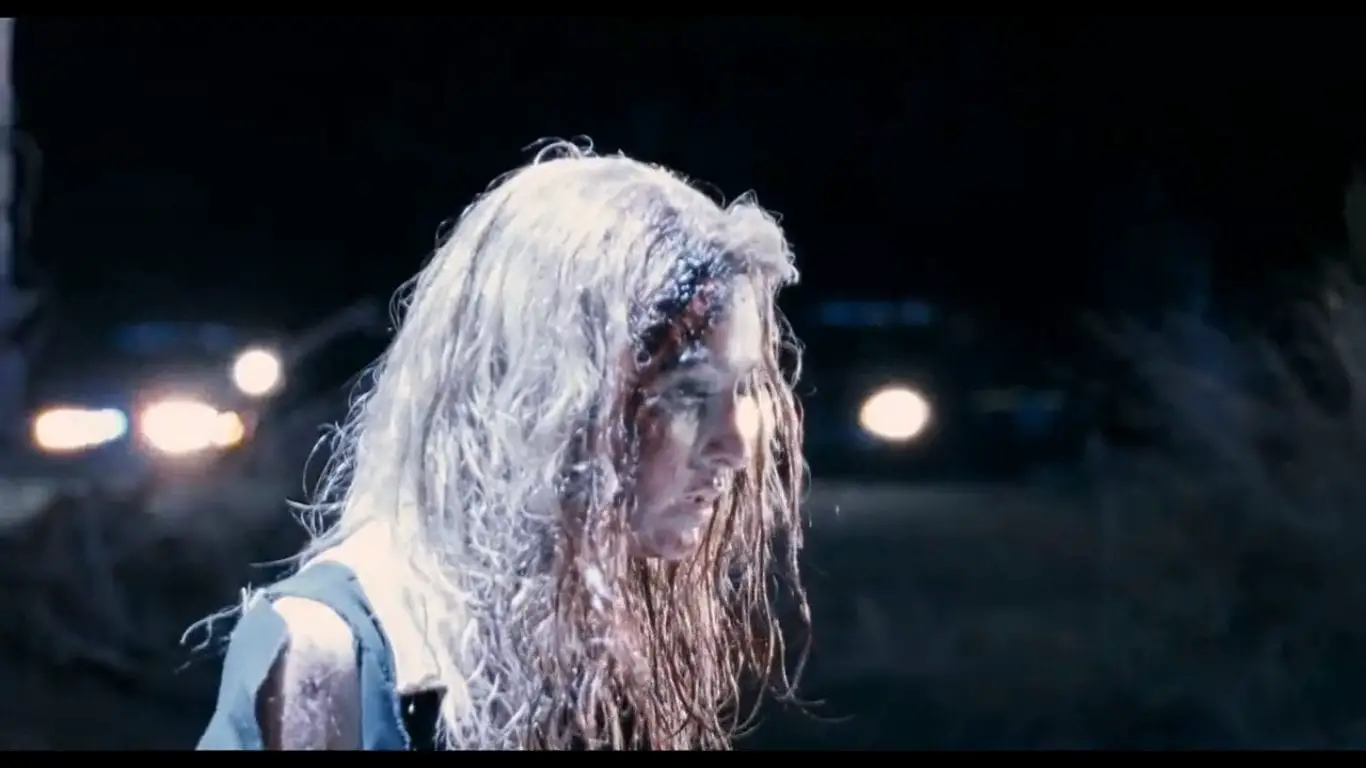
Both H20 and Halloween (2018) are about Laurie Strode’s inability to cope with the trauma that has plagued her life, but in many ways, she’s still the Laurie of old. We still actively root for her and love watching her on-screen, but Zombie’s Laurie is in a category of her own. She’s simultaneously relatable and unlikable; she simultaneously elicits empathy and apathy, which is made even more explicit in the director’s cut when we see the tumultuous relationship she now has with her best friend Annie (Danielle Harris). I’ve never even remotely experienced anything like the pain and grief we see Laurie undergo in Zombie’s Halloween films, and I hope nobody reading this has either. I wouldn’t know how to cope and neither does either version of Laurie, really. In H20, she has become a PTSD-suffering functioning alcoholic, living a life under a false identity in California; whereas in Halloween (2018), she’s living the life of a hermit, obsessively preparing for Michael’s eventual return to Haddonfield.
In Zombie’s Halloween II, Laurie is completely broken. She’s seeing a therapist (played by Margot Kidder) and takes pills to suppress her suffering, but her ordeal has caused too much havoc on such a young life. The Laurie in Zombie’s Halloween II is such a completely different character to the 2007 version that it’s hard to watch our survivor, our heroine, fall into the pit of darkness from which she’ll never recover. Her self-destructive tendencies—brought about by Michael’s killing spree two years prior—has ultimately led her to the final moments of the film in which she kills her brother, dons his mask, and dies in a hailstorm of bullets from the nearby police. Maybe this side of her has always been in her blood, and it took Michael to bring it to the surface? Is their insanity shared or was killing Michael and getting herself killed in the process her only option in Zombie’s mind? All of this is up for debate, but one thing is for sure: Zombie’s Michael Myers is dead, and he’s never coming back.
It’s sad then that Zombie’s Laurie can only find victory and peace in death, but Rob Zombie is never one to play by the rules of the hero’s journey, is he? She will never live to the age of 37 or 57 like the Laurie of H20 or Halloween (2018), but she accomplished far more in her brief life than the original version of the character ever has. She managed to kill Michael Myers, and there are not many final girls throughout the history of horror who can actually say that, right? You don’t have to like Rob Zombie’s two Halloween movies to respect his vision for them, but it’s inarguable that the fact remains that he left his stamp on the franchise in a way that’ll never be matched. He gave a voice to a new, damaged, traumatically realistic type of final girl that has since influenced the likes of Fede Álvarez’s 2013 Evil Dead film, which is led by a heroin-addicted Mia (played by Jane Levy), while daring to approach themes and subjects that are often dismissed in the story-lite sub-genre that is the slasher movie.
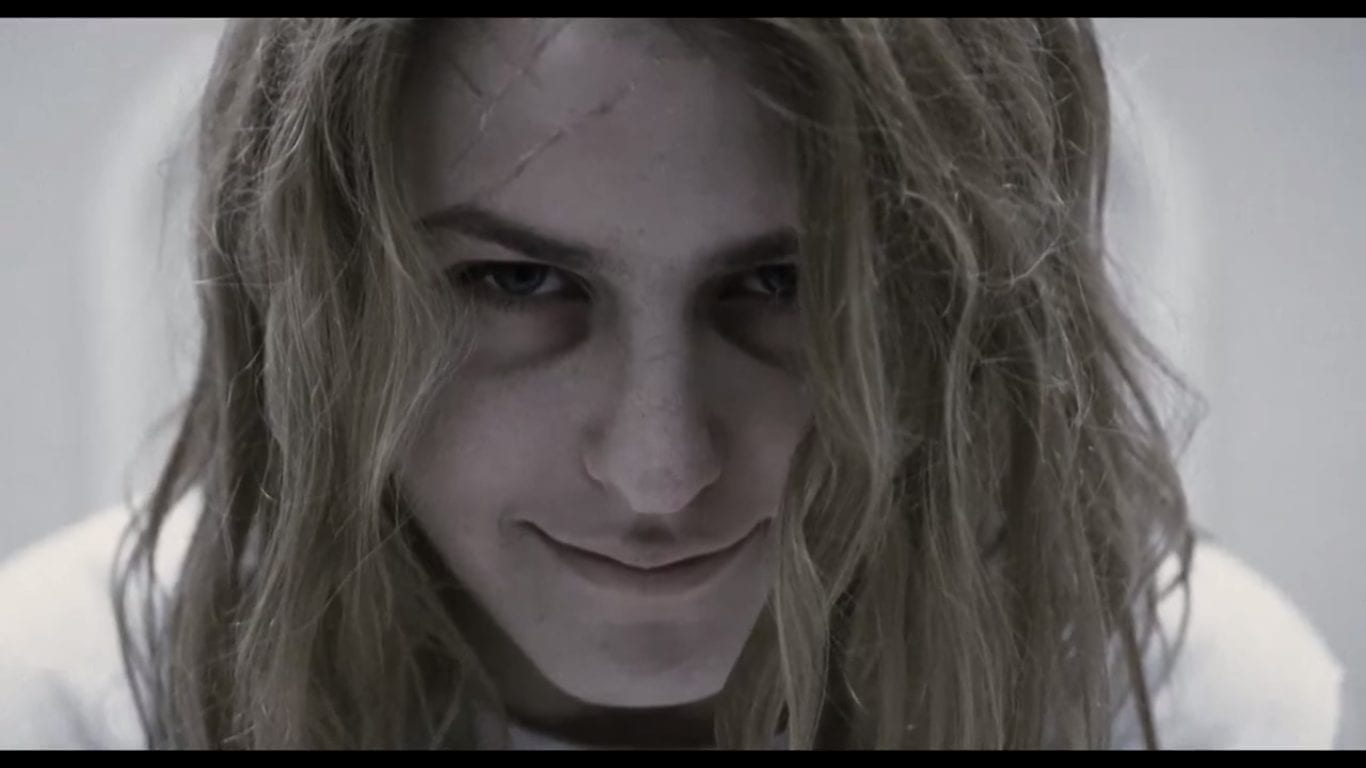
As brutal and polarising as the two films may be, Rob Zombie took Halloween and the concept of the final girl icon Laurie Strode and made them his own. And better yet, as revealed in the same interview as above with SFX, he really doesn’t care one bit if you like them or not, “I love Halloween and I wanted to do my own thing with it. Whether people like my Halloween or don’t like it is irrelevant to me. At least it has my own personal stamp on there…I feel like I said everything I wanted to.” That you did, sir. That you did.
So, what are your thoughts on Rob Zombie’s Halloween films, and his depiction of the final girl icon Laurie Strode? Have you warmed to the films in the years since their respective releases, or do you still feel like Zombie’s reimagining of John Carpenter’s masterpiece was taken too far away from its classic slasher film roots? Please leave a comment and let us know by following the information about our social media accounts, which can be found below. Alternatively, you can follow me on Twitter (@JonSheasby), and we’ll continue the conversation over there.




Great write up! I was expecting to hate both these films (Devils Rejects I enjoyed of Rob Zombie but not much else at the time), but I ended up enjoying them a ton. It was one of those times where I felt totally 100% different from the mainstream reviewers on the films.
Thank you! Exactly, yeah. He made them his own, which is more than you can say about 99% of remakes. I’d take Zombie’s Halloween movies over the 2018 version all day long.